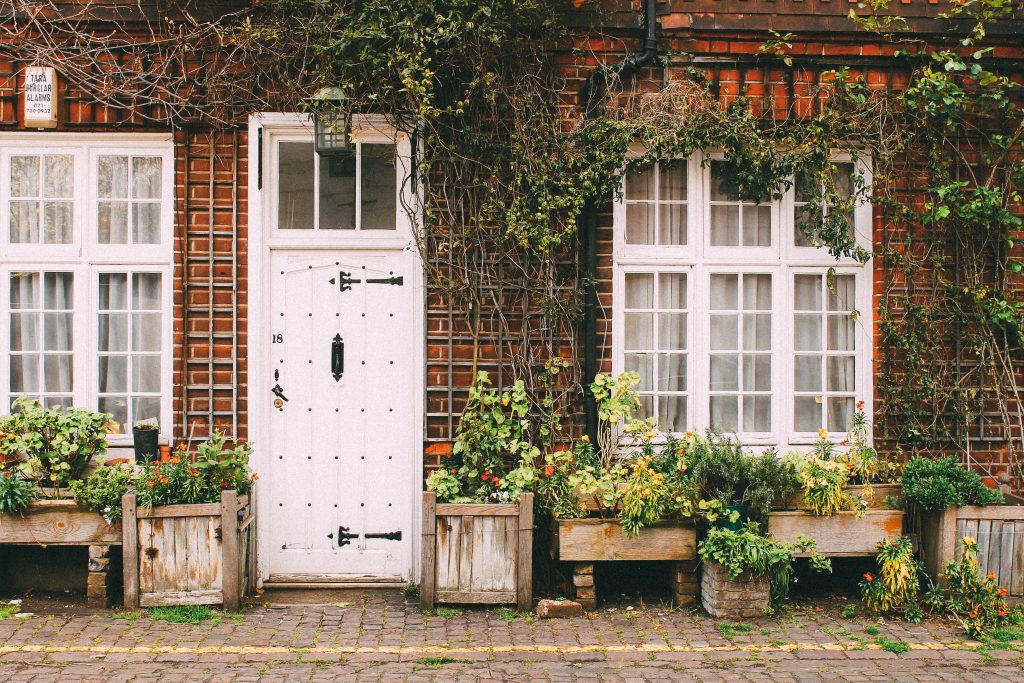With more and more extreme weather conditions, home insurance is becoming more critical. In some cases, mortgage companies will only consider borrowers who have a policy in place.
So in this guide, we aim to walk you through the basics and what type of policy is best for you.
What does a house insurance policy cover?
House insurance covers damage to both the interior and the exterior of your house. Including damage caused by events such as fire, lightning, hurricanes, vandalism, or other covered disasters. Your insurer will repay you so your home can be restored or even completely rebuilt. Damage from floods, earthquakes, and poor house maintenance is generally not covered. Free Standing garages, sheds, or different structures on the property may also require their own cover.
Damages to furniture, clothing, appliances, and most of the other contents of your residence will be included in an insured disaster. There could be a limit on the value your insurer will recompense you. According to the Insurance Information, most insurance companies will give coverage for 50–70% of the cost of insurance that you have on the structure of your home. So if you insure your home for £350,000, there would be up to about £262,500 worth of coverage for your possessions. If you own a lot of high-priced properties, you might want to purchase separate insurance for contents.

Some insurers offer a hotel or rental property while your house is being rebuilt or repaired. This part of the coverage is known as additional living expenses. The coverage would compensate you for the hotel room, rent, meals, and other costs you incur while waiting for your house to become liveable again. But, before you book a suite at the Ritz and purchase caviar from room service, remember that policies impose stringent daily and total limits. You can increase those daily limits if you are prepared to pay more in coverage.
Different Types of Coverage
The cheapest homeowner’s insurance will likely give you the least amount of coverage, and vice versa.
What Isn’t Covered?
While homeowner’s insurance covers most scenarios where a loss may occur. In some cases, policies omit things such as natural disasters or other acts of God and acts of war.
What happens if you live in an area known to be the very windy or high expectancy of floods? You may need an additional policy for flood insurance. Also, there is sewer and drain backup coverage you can attach to the policy.
How Are Rates Determined?
So what’s the driving force behind rates? Insurers usually base these rates on the likelihood that a homeowner will make a claim. Also, the claim frequency and severity of the application play a considerable role in determining rates. If there has been more than one claim relating to a similar issue like water damage, or wind storms.
While insurers are there to pay claims, they are a business. Insuring a house that has had many applications in the past three to seven years, even if a previous owner made a claim, can bump your house insurance premium into a higher pricing tier. You may not be eligible for house insurance if you have made several claims in the past.

The neighbourhood, crime rate, and building material availability will all play a part in determining prices, too. Also, a man’s best friend could raise your house insurance rates. If the condition of your home is not well-maintained it could also reduce a house insurance company’s interest in providing coverage and increase the odds, the insurer will not pay on a claim for damage.
Insurance Tips to Save Money
You are maintaining a security system and alarms such as a burglar alarm. A security system that is monitored by a central station will also help lower your annual premiums by as much as 5% or more. To get a discount, the homeowner must typically provide evidence of central monitoring. Showing your last bill or a contract to the insurance company should be enough evidence.
Smoke alarms are another critical factor. Installing smoke alarms in your home can save you around 10% or more in annual premiums, Co2 detectors, dead-bolt locks, and in some cases even weatherproofing can also help.
Many insurance companies will also give a discount of 10% or more to customers who already have other insurance under the same roof, such as a car or health insurance. If you use the same company, you may end up saving on both premiums.
Loyalty often helps, as well. So the longer you stay with a company, the lower your premium can become, or the lower your deductible will be.
How to Compare House Insurance Companies
So before you sign, here is a checklist of search tips.
Do a company health check
Investigate house insurance companies you’re considering via their scores on the websites of the top credit agencies and sites such as Trustpilot that track customer complaints against the companies as well as consumer feedback and the processing of cases. In some cases, these websites also rate a house insurance company’s financial health to determine whether the company can pay out policies in the event you need to file a claim.
Look at the claims response
Following a substantial loss, the burden of paying out-of-pocket to repair your house and waiting for compensation from your insurer could put your family in an awkward financial position. A number of insurers are outsourcing some functions, including claim handling.
Check Policyholder Satisfaction Level
Every company will say they have excellent customer service. However, cut through the clutter and ask them what percentage of policyholders renew each year. This figure is known as the insurer’s retention rate. Many companies report retention rates between 80% to 90%. You can also find satisfaction information in online reviews, annual reports, and word of mouth from people you trust.
Get more than one quote
How many quotes should you get? Try contacting at least three or more companies so that you know what other companies are offering and you can play them against each other. But before getting quotes from different companies. Ask for a price from insurers you already have other insurances. As mentioned before, a company that you are already doing business with may offer better rates because you are an existing customer.
Some companies provide a special discount for the elderly or for people who work from home. The rationale is that both these groups tend to be home more often and thus leaving the house less prone to burglary.
Look beyond price
The annual premium is what drives the choice to purchase a house insurance policy, but don’t look solely at the price.
A Useful tip
If you can pay off your mortgage early. Clearly, this is easier said than done, but homeowners that own their homes outright will most likely see their premiums drop. Why? The insurance company believes if a place is 100% yours, you’ll take better care of it.
Are you looking for House Insurance? We can help you find the cover that best suits your needs. To get started, either complete our form here or call us on 0203 725 5830.
DISCLAIMER: These articles are for information only and should not be construed as advice. You should always seek advice prior to taking any action.
